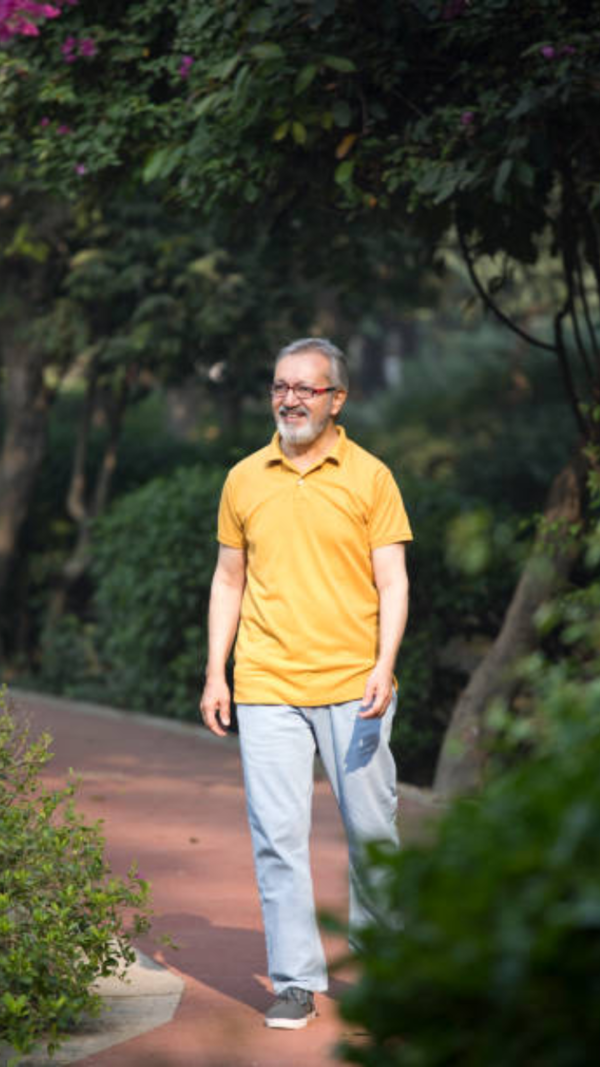- News
- World News
- Rest of World News
- Why the Philippine-Japan defence pact matters
Trending
Why the Philippine-Japan defence pact matters

AP photo
MANILA: More than 70 years after Japan's invasion and occupation of the Philippines during World War II, the countries on Monday signed a defence pact that allows them to deploy troops on each other's soil.
The agreement was finalised during high-level defence talks in Manila and comes as China increases military and diplomatic pressure in the Asia-Pacific region.
- Legal framework -
The Reciprocal Access Agreement, or RAA, provides the legal framework for the deployment of Japanese troops and equipment in the Philippines, and vice versa.
Both countries have longstanding maritime territorial disputes with China and this agreement allows for increased cooperation between their militaries in combat training as well as disaster response.
That would include live-fire exercises and joint patrols, said Aries Arugay, visiting senior fellow at the Singapore-based ISEAS-Yusof Ishak Institute.
Japan, which hosts 54,000 US military personnel, has signed similar reciprocal access agreements with Britain and Australia, but this is its first in Asia.
The Philippines has equivalent pacts with the United States and Australia and plans to pursue one with France.
- Security 'latticework' -
The Philippines and Japan are longtime allies of the United States, which has been strengthening an arc of alliances in the region to deter China -- infuriating leaders in Beijing.
Monday's agreement was "another layer in the latticework of #IndoPacific security partnerships," US ambassador to Japan, Rahm Emanuel, said on social media platform X.
"The historic reciprocal access agreement... not only boosts their cooperation and capabilities, but also reinforces our collective deterrence and commitment to a free and open #IndoPacific."
The Philippines, which has a mutual defence treaty with the United States, has been seeking to boost security ties with other countries in Asia and Europe.
Japan forms part of the Quad grouping with the United States, Australia and India, while members of the AUKUS security pact -- Australia, Britain and the United States -- are considering cooperating with Tokyo on military technology.
Japan's Defence Minister Minoru Kihara told reporters in Manila that Tokyo was keen to deepen its "trilateral and quadrilateral ties".
- Japan stepping up -
Long-pacifist Japan is becoming -- with US encouragement -- more assertive in response to China's growing military clout and North Korea's missile activities.
It has pledged to double defence spending to two percent of economic output by 2027 and to acquire "counterstrike" capabilities with US Tomahawk missiles.
In April, Washington and Tokyo announced a major overhaul in their defence ties including an upgrade to their command and control structures to make them more nimble in a crisis.
Given the uncertainty over US policy towards the region, Japan was "levelling up" to be a strong security partner for its neighbours, said Jay Batongbacal, director of the University of the Philippines' Institute for Maritime Affairs and Law of the Sea.
While China will be annoyed by the deal, the United States will be happy, said Ian Hall, professor of international relations at Australia's Griffith University.
"Under both Trump and now Biden, the US has been encouraging its regional allies to cooperate and to take on more of the burden of sustaining regional security. This new RAA assists that process," Hall told AFP.
- More equipment -
Japan is already a key supplier of security equipment and technology to the Philippines, which is in the process of modernising its armed forces and strengthening its coast guard.
Since 2016, Japan has delivered 10 44-metre (144-foot) and two 97-metre multi-role response vessels to the Philippine Coast Guard and has agreed to provide another five 97-metre ships.
It also has delivered five TC-90 trainer aircraft and spare parts for UH-1H helicopters.
Earlier this year, a Japanese-made air surveillance system arrived in the Philippines and it has pledged to send a coastal radar surveillance system.
Tokyo's ambassador to Manila, Kazuya Endo, said Thursday that "significant developments" in Japan's defence equipment supplies to the Philippines were in the offing.
Japan is also providing funding and equipment to other countries in the region including Malaysia.
The agreement was finalised during high-level defence talks in Manila and comes as China increases military and diplomatic pressure in the Asia-Pacific region.
- Legal framework -
The Reciprocal Access Agreement, or RAA, provides the legal framework for the deployment of Japanese troops and equipment in the Philippines, and vice versa.
It took more than seven months to negotiate and will take effect after ratification by lawmakers in both countries.
Both countries have longstanding maritime territorial disputes with China and this agreement allows for increased cooperation between their militaries in combat training as well as disaster response.
That would include live-fire exercises and joint patrols, said Aries Arugay, visiting senior fellow at the Singapore-based ISEAS-Yusof Ishak Institute.
Japan, which hosts 54,000 US military personnel, has signed similar reciprocal access agreements with Britain and Australia, but this is its first in Asia.
The Philippines has equivalent pacts with the United States and Australia and plans to pursue one with France.
- Security 'latticework' -
The Philippines and Japan are longtime allies of the United States, which has been strengthening an arc of alliances in the region to deter China -- infuriating leaders in Beijing.
Monday's agreement was "another layer in the latticework of #IndoPacific security partnerships," US ambassador to Japan, Rahm Emanuel, said on social media platform X.
"The historic reciprocal access agreement... not only boosts their cooperation and capabilities, but also reinforces our collective deterrence and commitment to a free and open #IndoPacific."
The Philippines, which has a mutual defence treaty with the United States, has been seeking to boost security ties with other countries in Asia and Europe.
Japan forms part of the Quad grouping with the United States, Australia and India, while members of the AUKUS security pact -- Australia, Britain and the United States -- are considering cooperating with Tokyo on military technology.
Japan's Defence Minister Minoru Kihara told reporters in Manila that Tokyo was keen to deepen its "trilateral and quadrilateral ties".
- Japan stepping up -
Long-pacifist Japan is becoming -- with US encouragement -- more assertive in response to China's growing military clout and North Korea's missile activities.
It has pledged to double defence spending to two percent of economic output by 2027 and to acquire "counterstrike" capabilities with US Tomahawk missiles.
In April, Washington and Tokyo announced a major overhaul in their defence ties including an upgrade to their command and control structures to make them more nimble in a crisis.
Given the uncertainty over US policy towards the region, Japan was "levelling up" to be a strong security partner for its neighbours, said Jay Batongbacal, director of the University of the Philippines' Institute for Maritime Affairs and Law of the Sea.
While China will be annoyed by the deal, the United States will be happy, said Ian Hall, professor of international relations at Australia's Griffith University.
"Under both Trump and now Biden, the US has been encouraging its regional allies to cooperate and to take on more of the burden of sustaining regional security. This new RAA assists that process," Hall told AFP.
- More equipment -
Japan is already a key supplier of security equipment and technology to the Philippines, which is in the process of modernising its armed forces and strengthening its coast guard.
Since 2016, Japan has delivered 10 44-metre (144-foot) and two 97-metre multi-role response vessels to the Philippine Coast Guard and has agreed to provide another five 97-metre ships.
It also has delivered five TC-90 trainer aircraft and spare parts for UH-1H helicopters.
Earlier this year, a Japanese-made air surveillance system arrived in the Philippines and it has pledged to send a coastal radar surveillance system.
Tokyo's ambassador to Manila, Kazuya Endo, said Thursday that "significant developments" in Japan's defence equipment supplies to the Philippines were in the offing.
Japan is also providing funding and equipment to other countries in the region including Malaysia.
End of Article
FOLLOW US ON SOCIAL MEDIA










